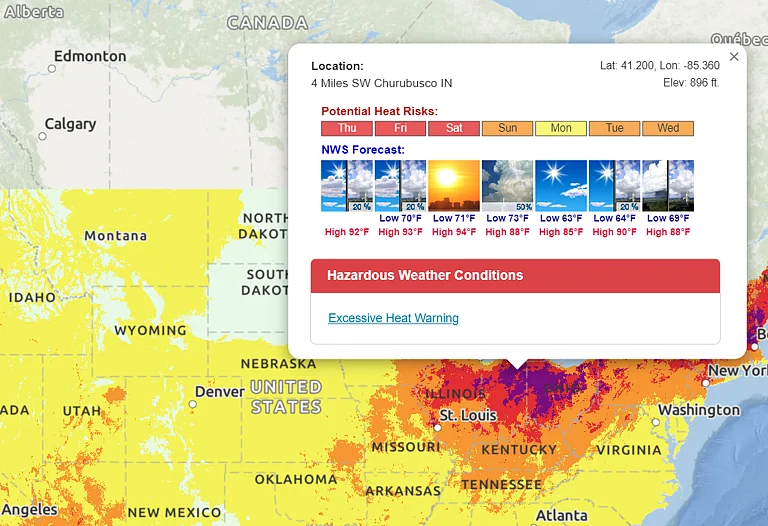A disturbing pattern has emerged in Greece as tourists continue to vanish, and authorities are struggling to determine exactly why. A leading theory points to the extreme heat as the culprit.
Are Tourists Disappearing In Greece Due To Extreme Heat?
Tourists are mysteriously disappearing in Greece, with recent incidents linked to extreme heat.

Earlier this month, Michael Mosley, a doctor and well-known TV presenter, was found dead after hiking in the scorching temperatures on the Greek island of Symi. He is one of several tourists who have recently died or gone missing as Greece grapples with an early summer heat wave, with temperatures soaring above 104 degrees Fahrenheit.
Among the deceased are a Dutch tourist found on the island of Samos and an American tourist discovered on Mathraki, a small island west of Corfu. Several others remain missing, including American tourist Albert Calibet, last seen hiking on Amorgos on June 11, and two French women who vanished while walking on Sikinos.
Authorities are warning tourists to take the severe heat seriously. "There is a common pattern," Petros Vassilakis, the police spokesman for the Southern Aegean, told Reuters. "They all went for a hike amid high temperatures."
Scientists believe these incidents may highlight the dangerous impacts of extreme heat on the human body and brain. Damian Bailey, a physiology and biochemistry professor at the University of South Wales, explained to CNN that the brain plays a crucial role in regulating body temperature through the hypothalamus, a small structure that acts as the body’s thermostat.
In normal conditions, the hypothalamus helps keep the body’s internal temperature at around 98.6 degrees Fahrenheit. However, extreme heat can overwhelm this system, leading to dehydration and reduced blood flow to the brain. Bailey compared the brain to a Hummer, noting it requires significant resources to function properly. In experiments where temperatures were raised from around 70 to 104 degrees Fahrenheit, participants experienced a significant drop in brain blood flow.
Kim Meidenbauer, a neuroscientist at Washington State University, also pointed out that extreme heat can impair brain function, affecting thinking, reasoning, and memory. She noted that in hot conditions, people are more likely to make risky decisions and act impulsively.
The impacts of heat on the brain are still being studied, but it’s clear that certain groups are particularly vulnerable. Older adults, especially those over 65, often struggle with thermoregulation. The recent disappearances in Greece involved individuals in their mid-50s and older. Young children, pregnant women, and those with pre-existing medical conditions, including mental health issues, are also at higher risk.
Jose Guillermo Cede?o Laurent, an assistant professor at the Rutgers School of Public Health, emphasised that heat can be dangerous for anyone. "No one is immune to the health effects of heat," he said. "Our brain is an exquisitely sensitive organ. You make wrong decisions, and it can cost you your life."
- Previous Story
 Supreme Court Rules Against Biden’s Push For Emergency Abortion Care In Texas Hospitals
Supreme Court Rules Against Biden’s Push For Emergency Abortion Care In Texas Hospitals - Next Story


























